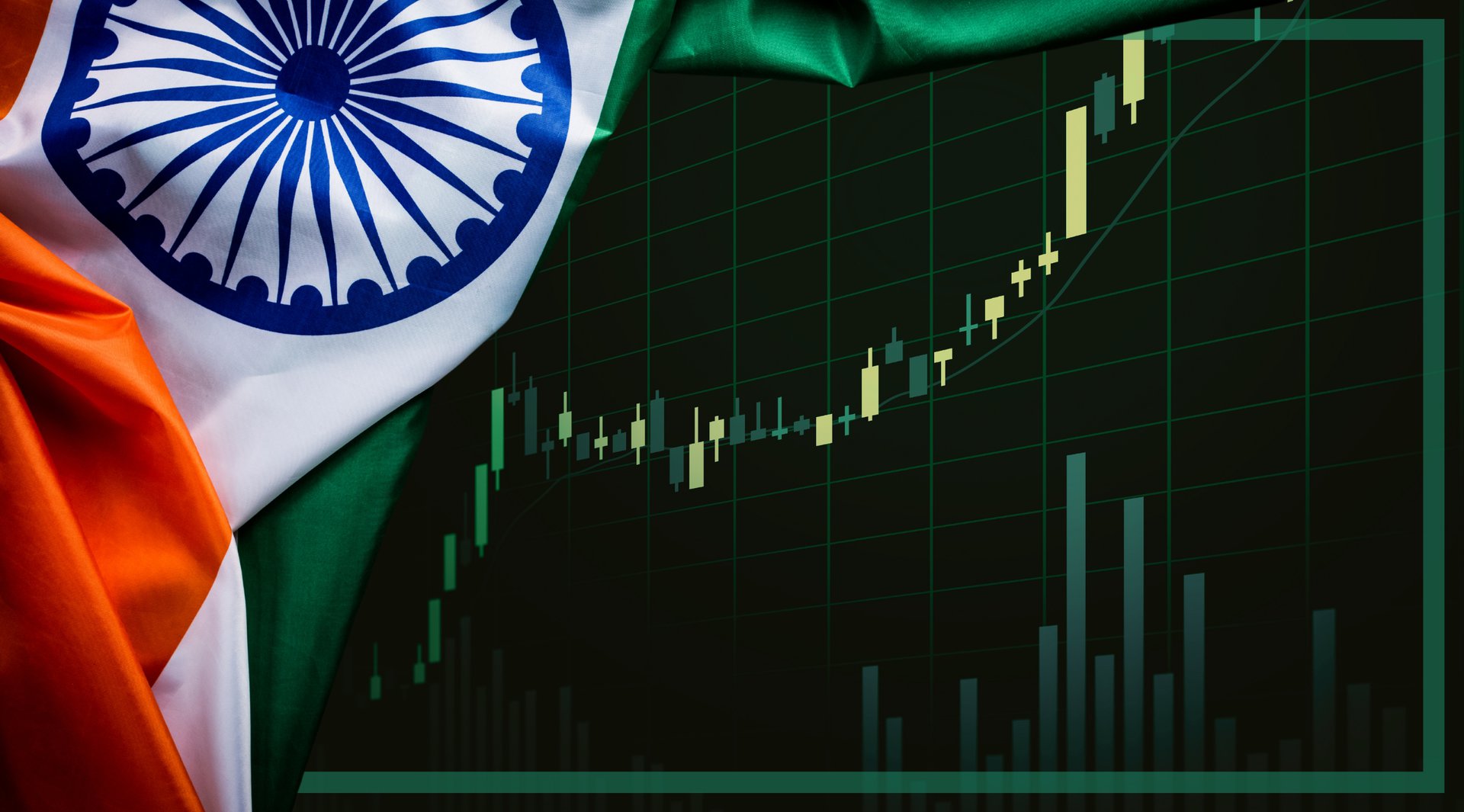JPMorgan Chase was the first bulge-bracket bank to release its annul earning results on Friday. While the largest US lender reports record profits, shareholders might have been left ambivalent reading the report. Any lingering concerns might, however, be compensated by Jamie Dimon’s plan to make JPMorgan the ultimate winner from digital disruption.
JPMorgan reported a fourth-quarter 2021 net income of $10.4 billion ($3.33 per share), pushing annul net income to a record high $48.3 billion ($15.36 per share). The figures include a $1.8 billion credit reserve release, without which net income would total $9.0 billion ($2.86 per share). The $1.8 billion release left the firm with a $18.7 billion allowance for credit losses as of the 31st of December 2021.
$JPM reports net income of $10.4B and EPS of $3.33 for 4Q21, or net income of $9.0B and EPS of $2.86 excluding credit reserve releases of $1.8B
— J.P. Morgan (@jpmorgan) January 14, 2022
Unprecedented year, unprecedented results
2021 was, by all measure, an unprecedented year. Economies globally seemed to rebound after a recession caused by the coronavirus pandemic. Not long after Joe Biden’s inauguration in January, Americans received generous stimulus checks in an attempt to boost consumer spending. Despite talks about the Great Resignation, US unemployment figures fell back to near-record lows of 3.9% in December 2021, from a record high of 14.7% in April 2020.
“The economy continues to do quite well despite headwinds related to the Omicron variant, inflation and supply chain bottlenecks,” JPMorgan CEO Jamie Dimon wrote in the annual report. “Credit continues to be healthy with exceptionally low net charge-offs, and we remain optimistic on U.S. economic growth as business sentiment is upbeat and consumers are benefiting from job and wage growth.”
As JPMorgan’s results show, the financial services industry was one of the clear beneficiaries of the economic upswing. “JPMorgan Chase reported solid results across our businesses benefiting from elevated capital markets activity and a pick up in lending activity as firmwide average loans were up 6%,” Dimon added.
The Corporate and Investment Banking (CIB) division is the undisputed champion of 2021 at JPMorgan. As the most profitable business line, CIB generated $52 billion of the firm’s $122 billion reported net revenue and $21 billion of its $48 billion net income. This is reflected in some very impressive numbers:
- $3.49 billion collected in fees in Q4 pumped up annual investment banking revenues to $12.5 billion, a 41% increase year-on-year.
- The increase was fueled by an astonishing 85% increase in advisory activity and a 43% increase in equity underwriting activity.
- Despite a 22% increase in equity market revenues, a 19% fall in fixed income revenues dragged down total Markets & Securities Services revenues by 5% to less than $32 billion.
Investment bank fees soar past $100bn on M&A boom https://t.co/QewCi1nbu5
— Financial Times (@FT) October 1, 2021
Other business segments similarly reported strong net income growth:
- Despite a 2% fall in total revenues, Consumer & Community Banking saw a 155% year-over-year growth in net incomes, falling just shy of $21 billion.
- A 7% increase pushed Commercial Banking net revenues above $10 billion. Net income of the division grew 103% to exceed $5 billion.
- Asset & Wealth Management generated a 58% increase in the division’s net income, raking in $4.7 billion in earnings for the firm.
- The exception to the rule is perhaps the Corporate division, which has for some time been the loss-making segment of the company. Its net losses more than doubled in 2021 to $3.7 billion.
Long-term strategy might drive away short-term gains
2021 was a spectacular year for JPMorgan. But with high earnings comes the question, can this performance be sustained? What can JPMorgan shareholders expect in the future? Well, the answer to this question depends on whether we are talking about the foreseeable future or the distant future. JPMorgan has long been a leader in tech investments among investment banks, but Jamie Dimon has just raised the stakes. He has made it known that he is in to win a war, not just a battle.
In a panel discussion on #web30 in #corporatebanking, Umar Farooq, CEO of #Onyx by @jpmorgan, shared his insights on how they approach #digitaltransformation, #blockchain technology, and the question of #regulation. #SFFxSWITCH #SGFinTechFesthttps://t.co/uVhQgVdFoe
— #DisruptionBanking (@DisruptionBank) November 18, 2021
“It’s a lot of competition and we intend to win,” the chief executive said. “Sometimes that means you’ve got to spend a few bucks.”
That few bucks in our case mean an additional $3.5 billion investment spending on technology, hiring, and acquisition to head off emerging fintech and non-bank rivals. This translates to a 30% increase, increasing JPMorgan’s tech spending to $12 billion in 2022. “That probably blows away the cumulative dollar value of investment of all the fintechs in the world that are trying to disrupt them,” said James Shanahan, an analyst with Edward Jones.
Partly as a result of this increase in spending, expenses are forecasted to rise 8% this year to around $77 billion. This increase in expenses means that the bank will likely miss a few of its key profitability targets in 2022, and possibly in 2023, despite expected benefits from higher interest rates and greater loan demand.
“We are in for a couple of years of sub-target returns,” Jeremy Barnum, JPMorgan’s chief financial officer, admitted, highlighting that the bank was in a “moment of acceleration” of investment spending. “Part of the reason for that is the amount of competition out there in the market, especially from novel entrants.”
The heavy investment spending might leave shareholders frustrated, but Jamie Dimon has made his priorities clear – and earning return for shareholders does not top his list. In his annual letter to shareholders last year, Dimon pointed out the fact that “[t]he problem with the American public’s impression of “shareholder value” is that too many people interpret it to mean short-term, rapacious profit taking – which, ironically, is the last thing that leads to building real, long-term shareholder value.”
Along with the likes of Jane Fraser and Tim Cook, Jamie Dimon sits on the board of Business Roundtable. This is an association of chief executive officers of America’s leading companies. They all claim to share a fundamental commitment to stakeholders. They commit to delivering value to their customers, investing in their employees, dealing fairly and ethically with suppliers and supporting the communities in which they work in. Their fifth commitment is generating long-term value for shareholders.
Rising wages are a good thing for workers, Jamie Dimon said, and businesses “shouldn’t be crybabies about it”https://t.co/OG4wr3ttv5
— Bloomberg Opinion (@bopinion) January 16, 2022
Repeating himself for emphasis, Dimon ensured there can be no question about the direction of JPMorgan in the next few years. “Our longstanding capital hierarchy remains the same – first and foremost, to invest in and grow our market-leading businesses to support our clients, customers and communities; second, to pay a sustainable competitive dividend; and then, return any remaining excess capital to shareholders.”
If his long-term strategy works out well, and JPMorgan remains the frontrunner in innovating in the financial services industry, it will definitely catapult Jamie Dimon to the “CEO hall of fame.” He might become what Jack Welch was once for General Electric. The key question for now, though, is whether shareholders will be patient enough for his masterplan to play out.
Author: Benjamin Jenei
#JPMorgan #JamieDimon #Digitilisation #InvestmentBanking #CorporateBanking #EquityMarkets #Advisory #AssetManagement #WealthManagement #DigitalDisruption #Fintech #TechInvestment
















One Response